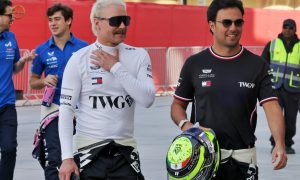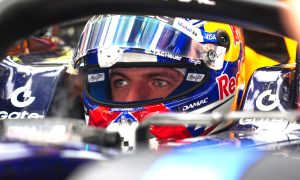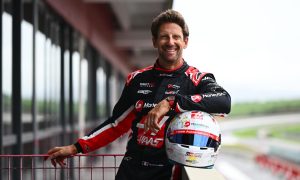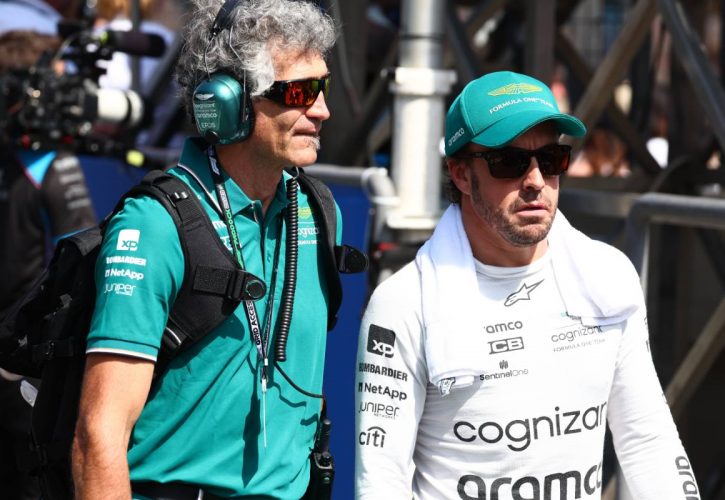
Fernando Alonso says he has no issues with the FIA's decision to shorten two of Miami's three DRS zones despite the last weekend's criticism by several drivers in Baku of a similar initiative.
Many drivers, including Lewis Hamilton and GPDA director George Russell, criticized the FIA's controversial decision to reduce Baku's main DRS stretch at a time when overtaking has become more challenging once again due to the downforce gains produced by F1's new generation cars.
Russell was also irritated by the fact that the drivers had not been consulted on the move.
One week later, a similar scenario has started to play out in Miami where the activation points for two DRS zones were moved further up the road, thus reducing the DRS sector by 75 metres on both cases.
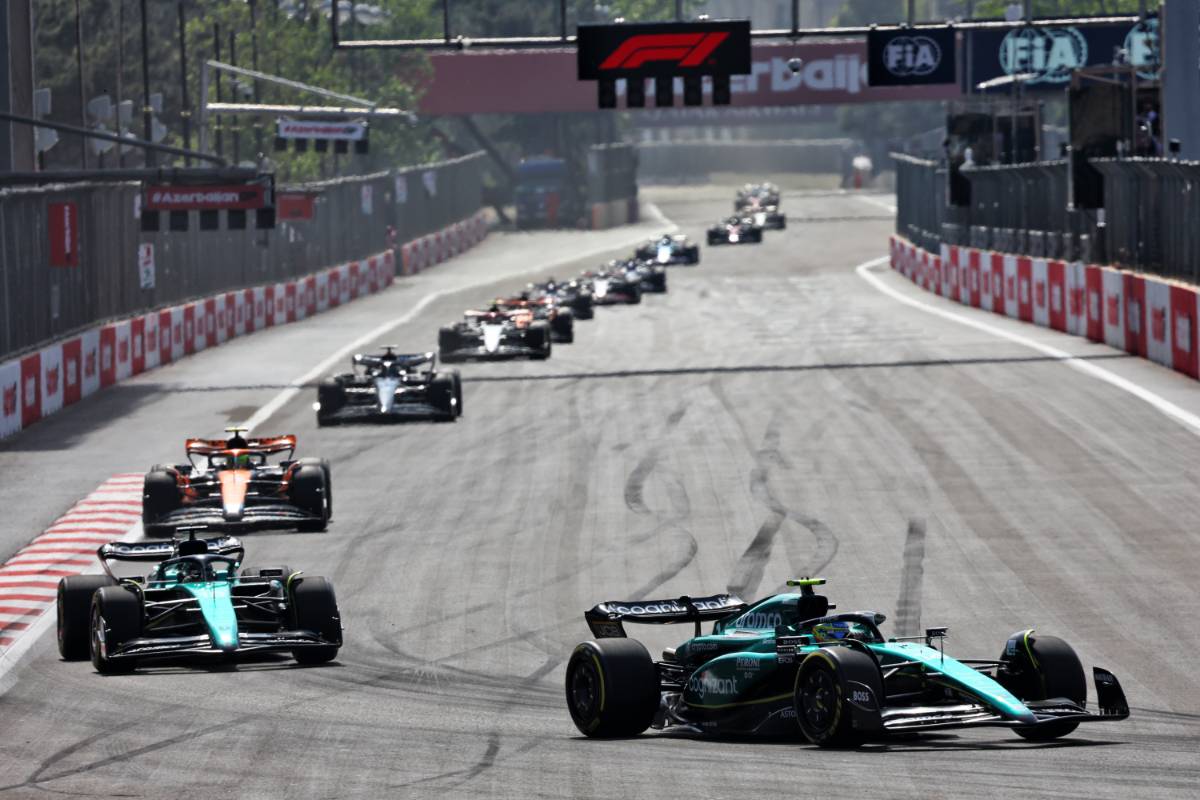
However, Alonso argued that the FIA has acted on the basis of data collected at last year's races, which indicated that overtaking was fairly easy at both Baku and Miami.
But the Aston Martin charger also pointed to perhaps a self-interest motivation on the part of some drivers in Baku who had difficulties overtaking due to the high drag aero characteristics of their car.
"I think so, yes," said Alonso when asked if he agreed with the FIA's decision to shorten DRS zones.
"It was the easiest here last year, apparently, so that's why I think FIA did shorten the DRS. In Baku it was one of the easiest last year, so they shortened the DRS.
"I heard Lewis was saying that the DRS was too short, which I think for them with the high downforce it was too short. For Red Bull, it was too long.
"At the start/finish line, [Max Verstappen] overtook Leclerc and he was opening to brake on the outside for Turn 1. So if you are one car, it was too long. If you take another car, it was too short.
"So I guess it was about the calculation that the FIA do after seeing last year's races. Baku and Miami, they were on the high side in terms of overtaking, and how easy it was.
"So that's why they shortened it. Let's see this year, but it's difficult to predict."
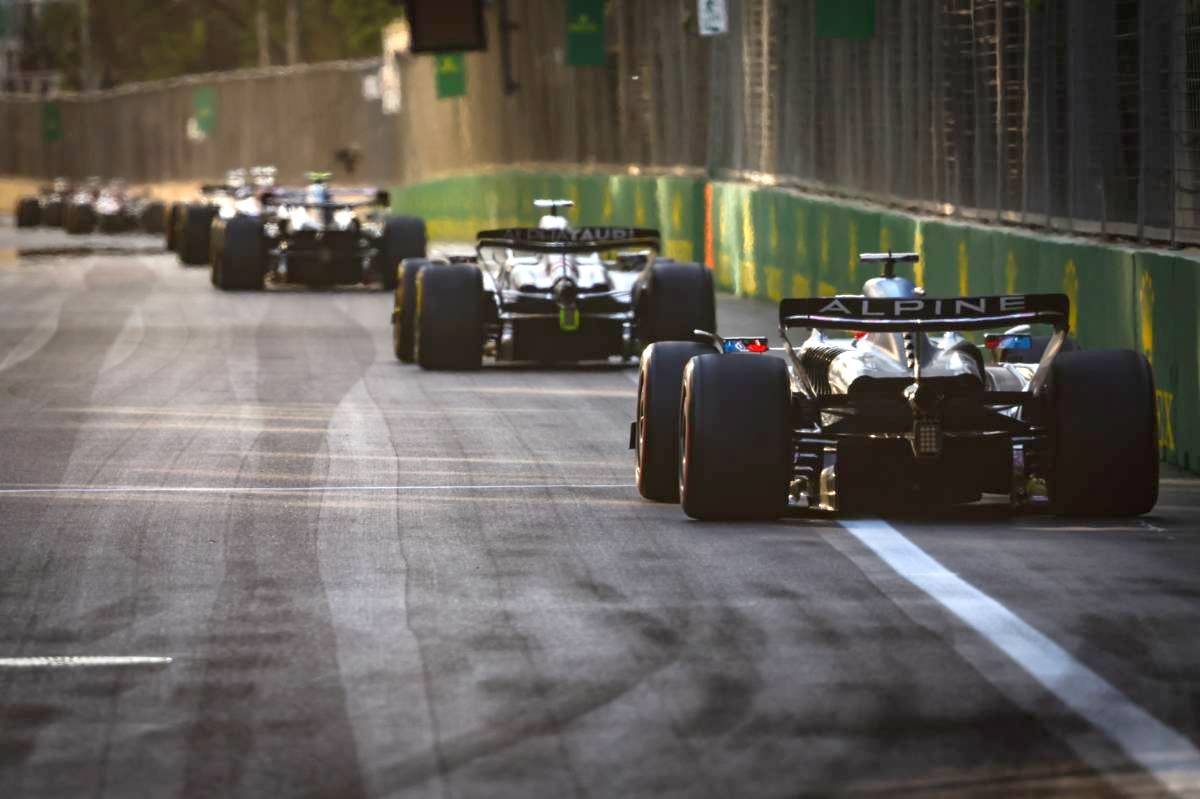
Alonso suggested that a tightly packed field in terms of performance, at least behind Red Bull's pair of runaway RB19s, was also a compelling reason behind F1's current lack of overtaking, one which he says has generated a "natural" running order.
"If you remove the Red Bull sometimes within six-tenths you are from P3 to P16 in Q1 to go out of the next session. So then eventually, you finish qualifying in the order that you deserve," he said.
"And then in the race, how you will overtake a car that in front of you who is just half a tenth quicker than you?
"So it's more or less your natural order. So I think that's the main reason [for the lack of overtaking].
"And then it could be the tyres as well. They still get overheated quite heavily if you follow cars.
"So you need to decide wisely when you want to be too close to a car in front of you. So that's the problem."
Keep up to date with all the F1 news via Facebook and Twitter





